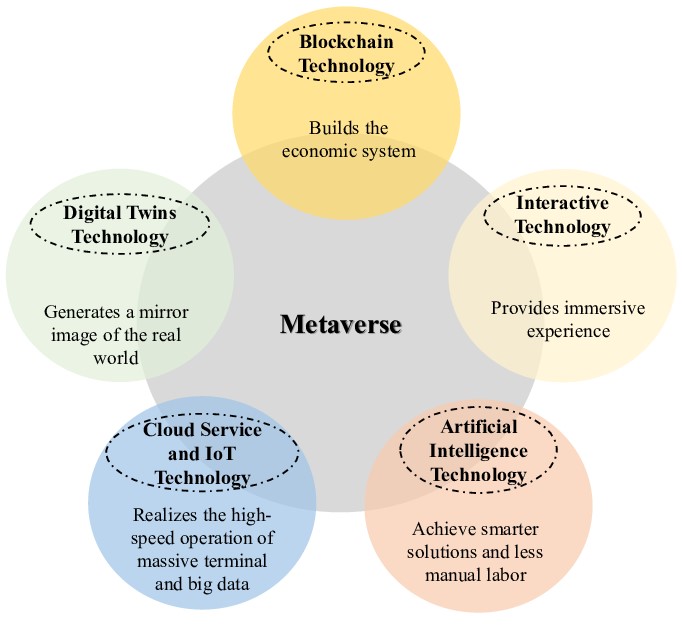Meta-Space: Pioneering Education in the Metaverse
Keywords:
Metaverse, Virtual Classroom, Education, Communication.Abstract
In the evolving landscape of learning methodologies, technology has emerged as a catalyst, transforming the educational experience. This study delves into the realm of Virtual Reality (VR) and Augmented Reality (AR), collectively referred to as the "Metaverse," as a pivotal tool in education. By conducting systematic literature reviews, we investigate the potential, effectiveness, and associated pros and cons of employing the Metaverse for learning. Our findings affirm that the Metaverse proves to be a highly effective learning platform, enhancing engagement through lifelike avatars and bridging the gap between the real and virtual worlds. While this innovative approach facilitates visualizing materials and fosters interactive and interesting learning environments, challenges such as the cost of requisite devices remain. Despite limitations, the advantages of integrating the Metaverse into education are evident, necessitating ongoing development to amplify benefits and address existing constraints. This research contributes valuable insights to the ongoing discourse on leveraging Metaverse technologies for enriching educational practices.
References
P. C. N. R. Raja, “Impact of modern technology in education,” J. Appl. Adv. Res., vol. 3, no. 1, pp. 33–35, 2018.
R. A. Liono, N. Amanda, A. Pratiwi, and A. A. S. Gunawan, “A Systematic Literature Review: Learning with Visual by The Help of Augmented Reality Helps Students Learn Better,” Procedia Comput. Sci., vol. 179, pp. 144–152, Jan. 2021, doi: 10.1016/J.PROCS.2020.12.019.
V. C. C. Akshay, D. Visagaperumal, “Metaverse future of internet,” Int. J. Res. Publ. Rev., vol. 2, no. 8, pp. 386–392, 2021.
Y. Sun and M. Gheisari, “Potentials of Virtual Social Spaces for Construction Education,” vol. 2, pp. 469–459, 2021, doi: 10.29007/sdsj.
Z. Chen, J. Wu, W. Gan, and Z. Qi, “Metaverse Security and Privacy: An Overview,” Proc. - 2022 IEEE Int. Conf. Big Data, Big Data 2022, pp. 2950–2959, 2022, doi: 10.1109/BIGDATA55660.2022.10021112.
T. Hao and H. Lailin, “Educational Metaverse Dilemmas and Solutions: A stakeholder-based perspective,” Proc. - 2022 12th Int. Conf. Inf. Technol. Med. Educ. ITME 2022, pp. 714–718, 2022, doi: 10.1109/ITME56794.2022.00150.
H. Duan, J. Li, S. Fan, Z. Lin, X. Wu, and W. Cai, “Metaverse for Social Good: A University Campus Prototype,” MM 2021 - Proc. 29th ACM Int. Conf. Multimed., pp. 153–161, Oct. 2021, doi: 10.1145/3474085.3479238.
“Meta Human Creator Overview | MetaHuman Documentation | Epic Developer Community.” Accessed: May 04, 2024. [Online]. Available: https://dev.epicgames.com/documentation/en-us/metahuman/metahuman-creator

Downloads
Published
How to Cite
Issue
Section
License
Copyright (c) 2024 50SEA

This work is licensed under a Creative Commons Attribution 4.0 International License.




















